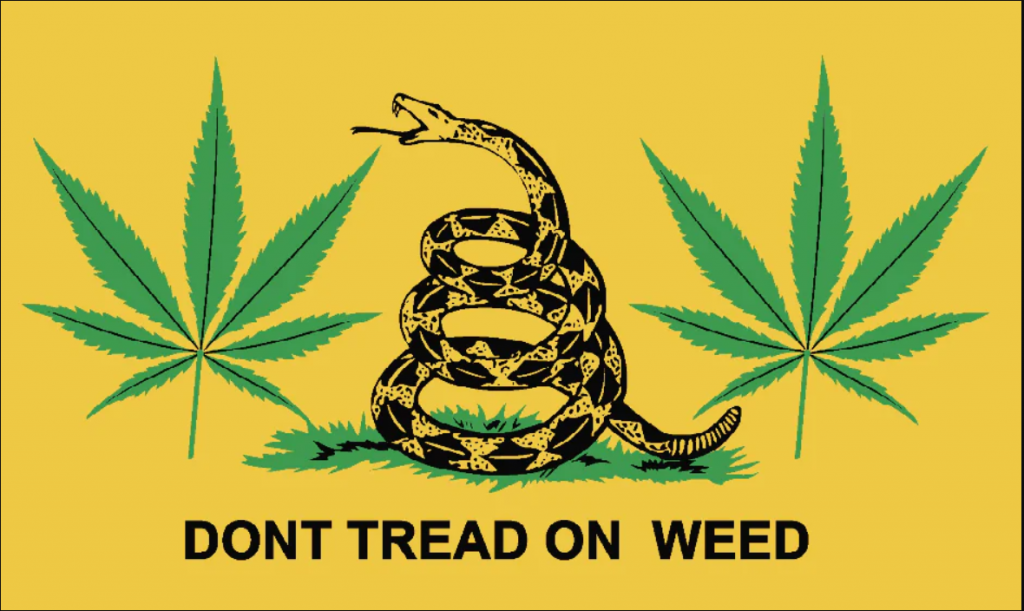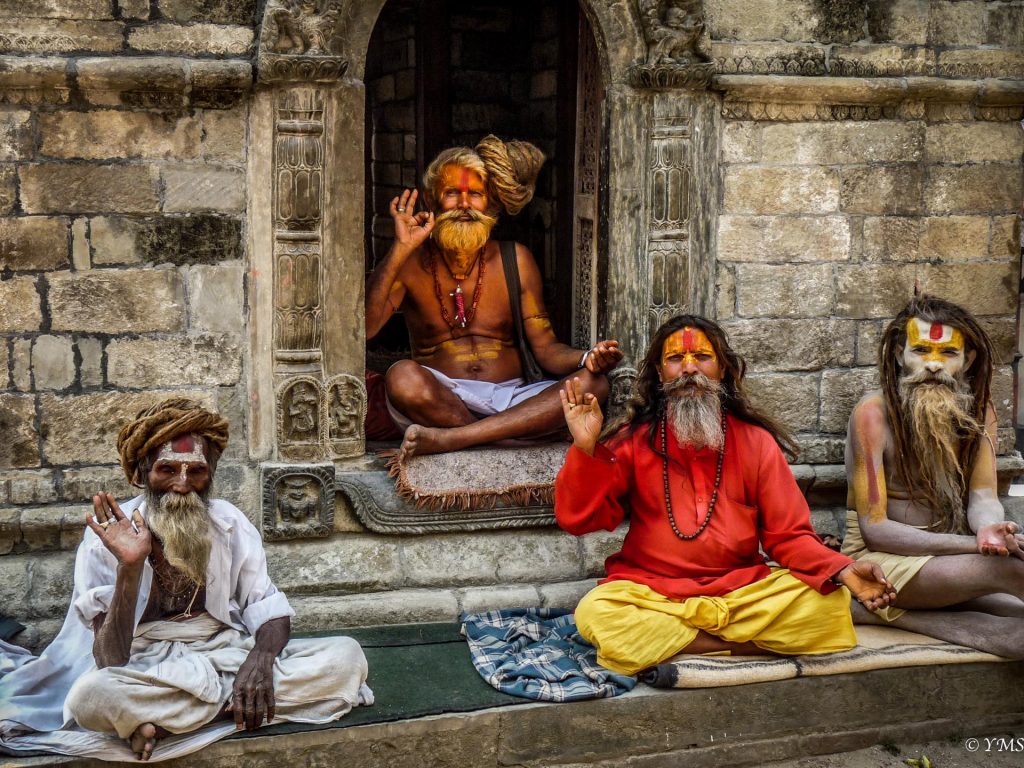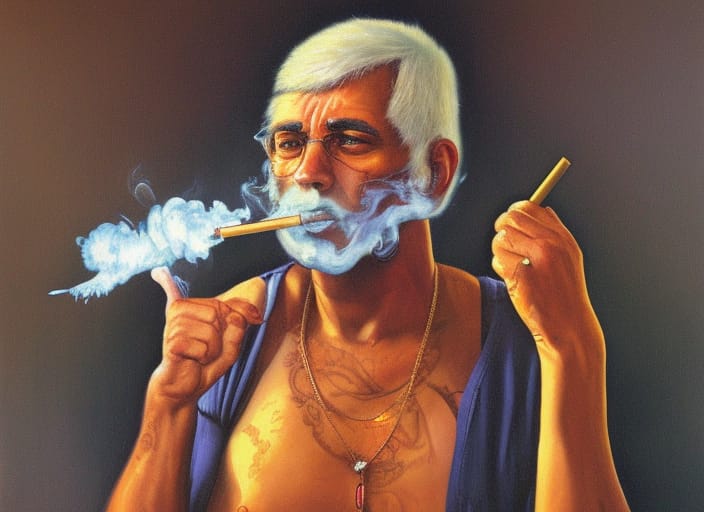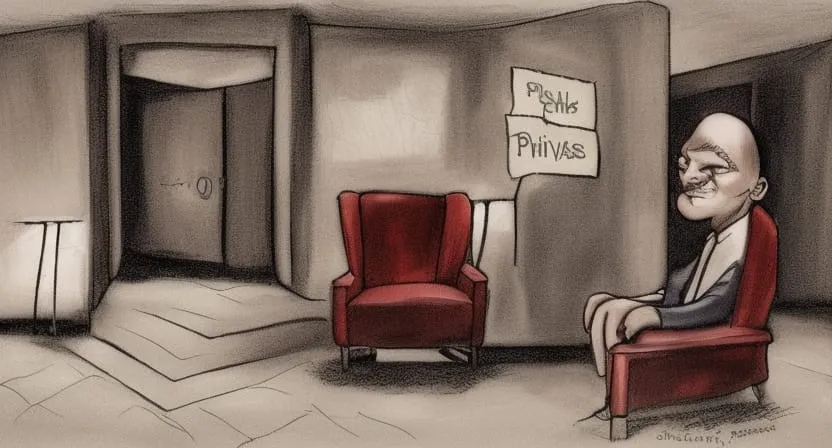
| Variable | Voting ALCP 2020 |
| Maori | 0.881 |
| Living in a Maori electorate | 0.865 |
| Voting Maori Party 2020 | 0.807 |
| Receiving income from Sole Parent Support | 0.770 |
| Receiving income from Jobseeker Support | 0.766 |
| Following a Maori religion | 0.718 |
| Receiving income from ACC or private work insurance | 0.699 |
| Percentage of electorate New Zealand-born | 0.695 |
| Voting Advance NZ 2020 | 0.684 |
| Level 2 certificate | 0.636 |
| Unemployed | 0.635 |
| Five children | 0.620 |
| Working as a labourer | 0.589 |
| Six or more children | 0.583 |
| Personal income $10,000-$20,000 | 0.581 |
| Working as a community or personal services worker | 0.566 |
| No NZQA qualifications | 0.550 |
| Receiving income from Supported Living Payment | 0.550 |
| Level 1 certificate | 0.545 |
| Level 4 certificate | 0.528 |
| Voting Vision NZ Party 2020 | 0.513 |
| Four children | 0.507 |
| Never married | 0.482 |
| Full time study | 0.443 |
| Currently unpartnered | 0.393 |
| Voting New Zealand First 2020 | 0.381 |
| Level 3 certificate | 0.375 |
| Working as a machinery operator or driver | 0.370 |
| Level 5 diploma | 0.365 |
| Working in construction | 0.364 |
| Working in transport, postal and warehousing | 0.352 |
| Following Spiritualism or a New Age religion | 0.347 |
| Personal income $20,000-$30,000 | 0.332 |
| Voting ONE Party 2020 | 0.329 |
| Neither ownership of house nor house in family trust | 0.320 |
| Following no religion | 0.285 |
| Working in manufacturing | 0.268 |
| Working in agriculture, forestry or fishing | 0.257 |
| Working in electricity, gas, water and waste services | 0.255 |
| Personal income $5,000-$10,000 | 0.249 |
| Special voting Yes for cannabis | 0.233 |
| Personal income $30,000-$50,000 | 0.229 |
| Working as a technician or trades worker | 0.206 |
| Working in mining | 0.201 |
| Mean age | 0.167 |
| Divorced/separated/widowed | 0.161 |
| Three children | 0.154 |
| Median age | 0.149 |
| Working in administrative and support services | 0.134 |
| Voting NZ Outdoors Party 2020 | 0.134 |
| Employed part-time | 0.116 |
| Part time study | 0.106 |
| Percentage of males in electorate | 0.070 |
| Working in healthcare and social assistance | 0.040 |
| Working in other services | 0.033 |
| Receiving income from Student Allowance | 0.029 |
| Voting Social Credit 2020 | 0.022 |
| Working in accommodation or food services | 0.020 |
| Working in retail trade | 0.016 |
| Personal income < $5,000 | 0.011 |
| Receiving wage or salary | -0.003 |
| Aged 20-24 | -0.008 |
| Working in public administration or safety | -0.016 |
| Voting Heartland NZ 2020 | -0.025 |
| Not in the labour force | -0.032 |
| Working in arts and recreation services | -0.038 |
| Living in a North Island electorate | -0.039 |
| Pacific Islander | -0.052 |
| Receiving no source of income | -0.057 |
| Working in education or training | -0.064 |
| Percentage of females in electorate | -0.071 |
| European | -0.080 |
| Aged 25-29 | -0.089 |
| Working as a sales worker | -0.138 |
| Own or part own house | -0.186 |
| No children | -0.192 |
| Receiving income from NZ Super or Veteran’s pension | -0.193 |
| One child | -0.202 |
| Voting Greens 2020 | -0.228 |
| Aged 65-69 | -0.230 |
| Employed full-time | -0.249 |
| Aged 55-59 | -0.250 |
| Aged 30-34 | -0.250 |
| Mean personal income | -0.255 |
| Aged 70-74 | -0.261 |
| Voting Labour 2020 | -0.269 |
| Aged 60-64 | -0.274 |
| Median personal income | -0.275 |
| Aged 75-79 | -0.301 |
| Special voting Yes for euthanasia | -0.312 |
| Voting New Conservative 2020 | -0.312 |
| Working as a manager | -0.313 |
| Voting The Opportunities Party 2020 | -0.338 |
| Working in wholesale trade | -0.338 |
| Aged 80-84 | -0.338 |
| Receiving income from self-employment or owning one’s own business | -0.345 |
| Following Christianity | -0.352 |
| Personal income $50,000-$70,000 | -0.358 |
| Working as a clerical or administrative worker | -0.359 |
| Working in information media and telecommunications | -0.369 |
| Two children | -0.380 |
| Working in rental, hiring and real estate services | -0.383 |
| Voting TEA Party 2020 | -0.383 |
| Living in an urban electorate | -0.388 |
| Currently partnered | -0.393 |
| Following Judaism | -0.395 |
| Aged 85+ | -0.403 |
| Following Islam | -0.405 |
| Voting Sustainable NZ 2020 | -0.406 |
| Aged 35-39 | -0.410 |
| Aged 50-54 | -0.410 |
| Following Hinduism | -0.414 |
| Not studying | -0.431 |
| Aged 40-44 | -0.433 |
| Doctorate | -0.445 |
| Working in financial or insurance services | -0.446 |
| Aged 45-49 | -0.465 |
| Percentage of voting age population enrolled | -0.470 |
| Own house in family trust | -0.472 |
| Voting ACT 2020 | -0.476 |
| Working as a professional | -0.478 |
| Working in professional, scientific or technical services | -0.490 |
| Personal income $70,000+ | -0.513 |
| Turnout rate | -0.524 |
| Master’s degree | -0.529 |
| Asian | -0.530 |
| Honours degree | -0.550 |
| Level 6 diploma | -0.557 |
| Bachelor’s degree | -0.564 |
| Following Buddhism | -0.566 |
| Receiving income from interest, dividends, rent, other investments | -0.580 |
| Voting National 2020 | -0.597 |
| Married (not separated) | -0.606 |
| Percentage of electorate overseas-born | -0.695 |
*
This article is an excerpt from the upcoming 3rd Edition of Understanding New Zealand, by Dan McGlashan and published by VJM Publishing. Understanding New Zealand is the comprehensive guide to the demographics and voting patterns of the New Zealand people.




